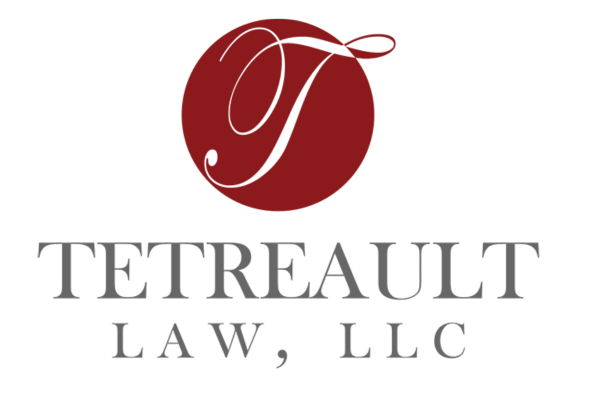Title Insurance: What and Why?
Title insurance is important and, in some cases, an indispensable aspect of a real estate transaction. Parties to real estate transactions, especially those not well-versed in reviewing title insurance commitments, surveys, and title documents, should seek the advice of a real estate attorney.
What is title insurance?
Title insurance is protection against loss arising from problems connected to the title to your property. It is unique from other insurance in that it is designed to protect against unknown events, defects, and claims that already exist.
Specifically, it protects owners and lenders from such things as another person claiming an ownership interest in the property, improperly recorded documents, fraud, forgery, liens, encroachments, easements, and so on.
Why do you need it?
Before you purchased your home, it may have gone through several ownership changes, and the land on which it stands went through many more. There may be a weak link at any point in that chain that could emerge to cause trouble. For example, someone along the way may have forged a signature in transferring title. Or there may be unpaid real estate taxes or other liens. Title insurance covers the insured party for any claims and legal fees arising from such problems. [Georgia Department of Banking and Finance].
Title insurance is not required by law in Georgia; however, it is always best to purchase a title policy before a deal is signed between the buyer and the seller.
There Are Two Types of Title Insurance:
■ Lender’s insurance protects the lender against any loss that might occur due to unknown title defects. It also guarantees the lender has a valid first lien against the property.
■ Owner’s insurance protects the buyer from issues that might emerge after the close of sale. Problems may include human error, unpaid liens, forged documents, undisclosed or missing heirs, and incorrect legal descriptions. Only an owner’s policy will protect the owner from personal loss, such as legal expenses for a dispute after the sale.
Although most lenders will require you to purchase lender’s title insurance, this only protects the lender, not the homeowner. An owner’s policy is optional.
In Georgia, the Only Way To Obtain a Title Insurance Policy Is Through a Closing Attorney
Georgia law requires a licensed attorney to handle all Georgia real estate closings.
Generally, only one attorney is involved in the transaction representing either the buyer’s lender (if the purchase is lender-funded) or the buyer (if it is a cash purchase). However, the buyer and seller can always hire their own counsel—and should—to review all the documents beforehand and to represent them at the closing.
Once a contract is in effect for the sale of a property, the closing attorney examines the title to identify the legal owners as well as mortgages, restrictions, and easements while addressing any other encumbrances before the title transfers to the buyer.
The closing attorney then issues a commitment for title insurance, also called a title binder. Any issues that exist with the title will be listed.
Contact an Experienced Real Estate Closing Lawyer
Title examination is perhaps the most important part of any real estate transaction. An experienced real estate attorney can ensure your real estate transaction is favorable to your interests from start to finish. Contact us today.


Recent Comments